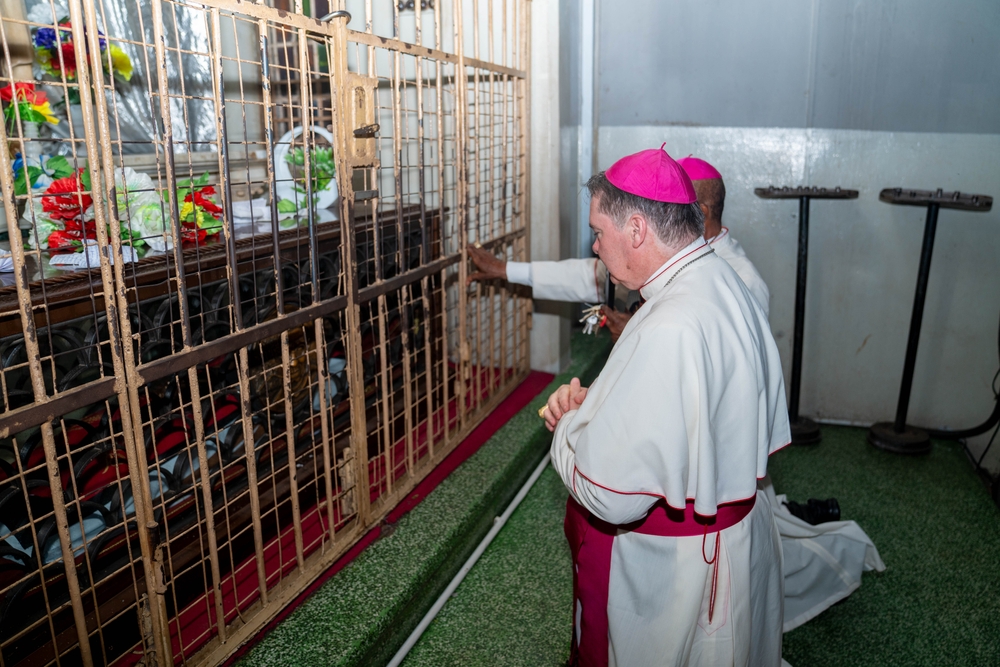Nigeria faces growing tension after US President Donald Trump ordered the Pentagon to prepare for possible military intervention. His statement accused the Nigerian government of failing to protect Christians from extremist violence. Trump warned that if killings continue, the United States will halt all aid and “go in guns-a-blazing” to eliminate terrorist groups. The announcement sparked outrage and debate across Nigeria.
President Bola Ahmed Tinubu rejected any suggestion of US military involvement, insisting that Nigeria’s sovereignty must remain intact. He said his administration remains open to dialogue on counterterrorism but will not allow external interference. Tinubu also stated that describing Nigeria as religiously intolerant misrepresents the country’s complex reality.
Debate Over Religious Violence and US Motives
Tinubu’s spokesperson Daniel Bwala suggested Trump’s threat might serve as a negotiation tactic rather than a real military plan. He reminded the public that both countries already cooperate on intelligence sharing and weapons procurement to combat Islamist insurgents.
Amnesty International recently reported that more than 10,000 people have died in jihadist attacks since Tinubu took office. Nigeria’s 220 million citizens are nearly evenly split between Christians and Muslims, both affected by violence from Boko Haram and other armed groups.
While Washington describes the situation as Christian genocide, many Nigerians say the conflict’s roots run deeper. Analysts note that many victims are Muslims living in northern regions dominated by insurgents. Yet Christian leaders, including Reverend Ezekiel Dachomo, insist the attacks amount to targeted persecution. Advocacy groups such as Open Doors and International Christian Concern estimate that over 7,000 Christians were killed in 2025 alone.
Fears of Hidden Motives Behind Trump’s Threat
Trump’s warning followed calls by US Senator Ted Cruz to label Nigeria a violator of religious freedom. Some Nigerians support limited foreign involvement, viewing it as potential help against terrorism. Broadcaster Cyril Abaku said, “If outside forces can protect our communities, we should welcome the support.”
However, others believe Trump’s interest goes beyond humanitarian concern. Analysts point to Nigeria’s vast reserves of rare earth elements—lithium, nickel, cobalt, copper, and neodymium—critical for defense and renewable energy industries. These minerals lie in the country’s insurgent-hit northeast, adding a strategic layer to the debate.
Human rights activist Omoyele Sowore said, “Nigeria doesn’t need a foreign saviour. It needs accountable leadership that protects citizens and ends corruption.”
The United States first labeled Nigeria a “country of particular concern” in 2020 for religious freedom violations, though that designation did not directly mention Christian persecution. The current dispute now risks straining relations between Washington and Abuja even further.


